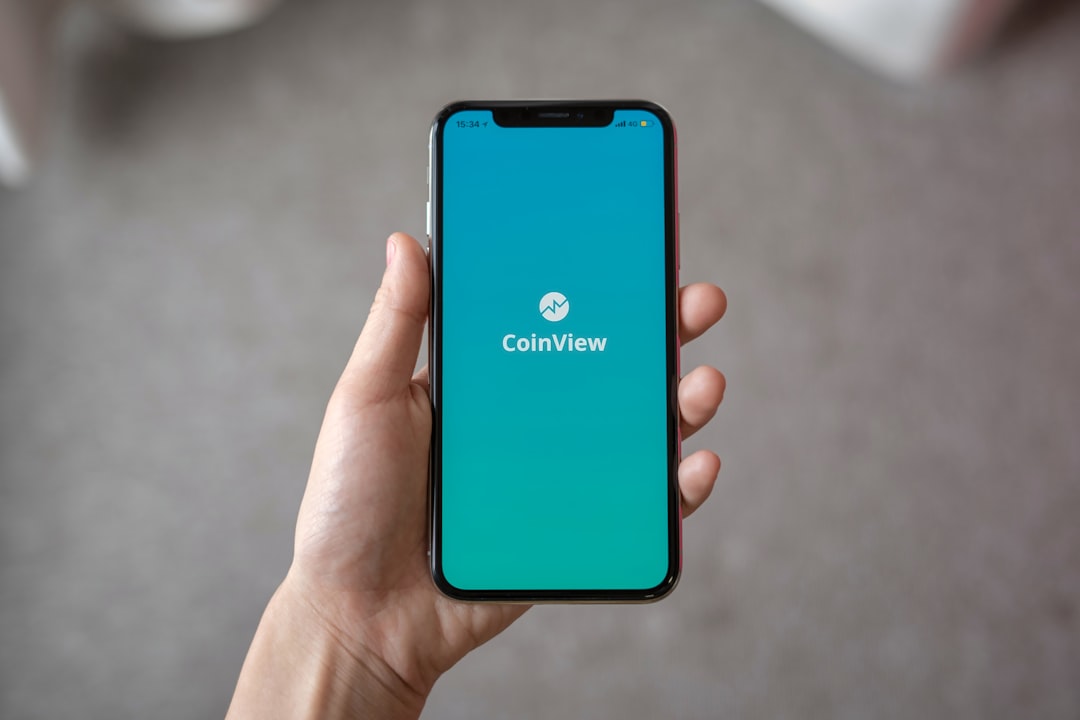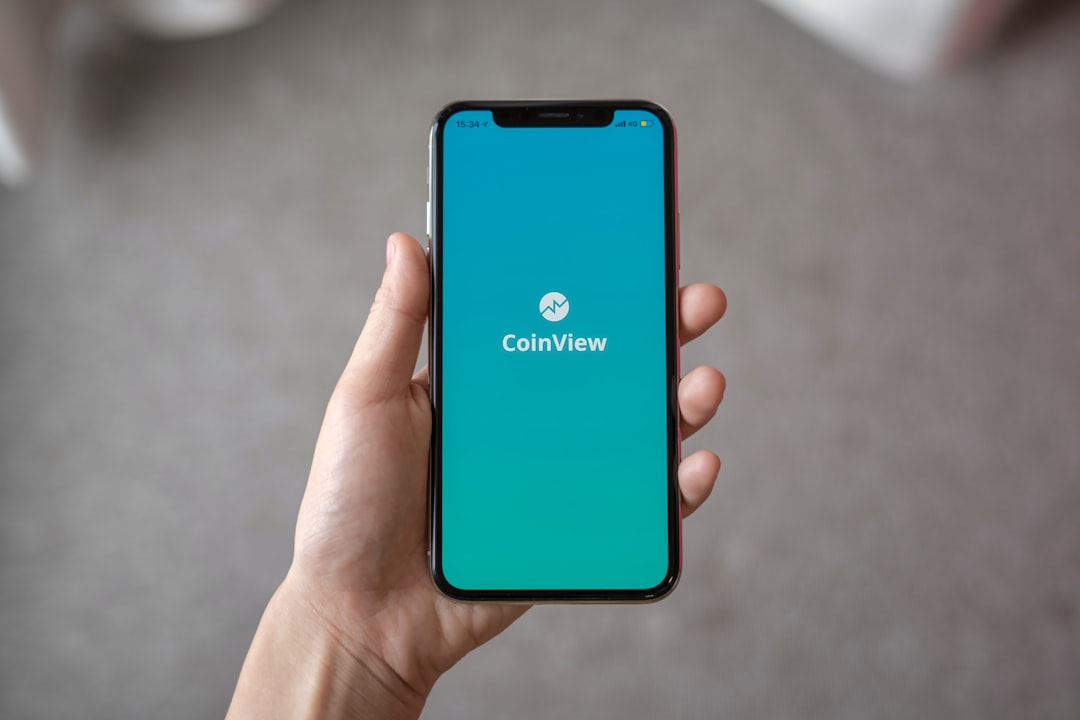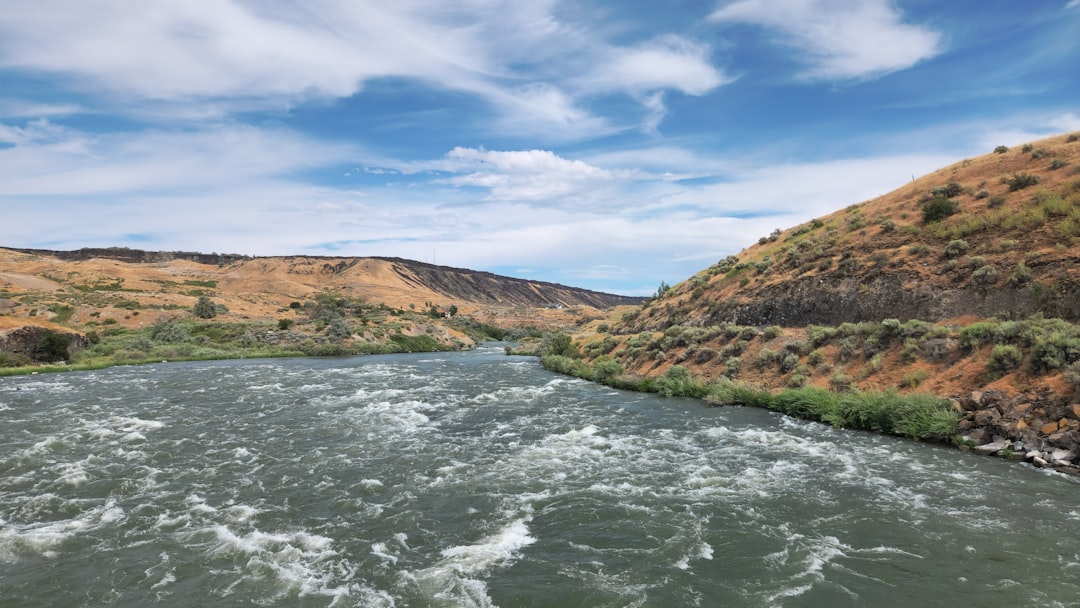The Do Not Call Registry in Meridian, Idaho, is a powerful tool against spam calls, offering residents control over communication preferences. While national protection is limited, local laws provide varying degrees of shielding. Residents can register at donotcall.gov and report persistent spam to specialized Spam Call law firm Idaho, leveraging telecommunications laws for enhanced privacy and accountability.
“Many Meridian residents are unaware of or hold misconceptions about the power of the Do Not Call Registry. This comprehensive guide aims to clarify common myths and educate citizens on protecting their privacy from spam calls. While Idaho’s anti-spam call laws offer significant safeguards, misunderstandings persist. We’ll debunk these, provide a step-by-step registration process for local residents, and discuss when legal action is necessary. By the end, you’ll be equipped with the knowledge to navigate this crucial resource effectively.”
Understanding the Do Not Call Registry: A Resource for Meridian Residents

The Do Not Call Registry is a valuable resource designed to protect Meridian residents from unwanted and intrusive phone calls, particularly those deemed as spam by the state’s Spam Call law firm in Idaho. It’s a simple yet effective way for citizens to take control of their communication preferences. By registering their phone numbers, individuals can prevent sales or marketing calls from reaching their lines, ensuring peace and quiet at home.
This registry operates as a filter, blocking unwanted calls while allowing legitimate communications. It’s crucial for residents to be aware of this service, especially in today’s digital era where spam calls have become increasingly prevalent. Understanding and utilizing the Do Not Call Registry is an essential step towards curbing nuisance calls and maintaining a respectful balance between businesses and consumers.
Debunking Common Misconceptions: Is Your Number Really Protected?

Many Meridian residents believe that registering their phone number with the National Do Not Call Registry guarantees them peace from unwanted calls, especially those considered spam. However, this is a common misconception. While the registry does block many telemarketing calls, it’s not foolproof against all spam calls. Many businesses bypass the law by employing sophisticated strategies to avoid detection, or they use numbers bought from brokers who haven’t registered their sources with the FCC.
Moreover, individual states have varying levels of protection under the Spam Call law firm Idaho’s Do Not Call laws. In some cases, businesses can still contact you if they have an established business relationship with you or if you’ve provided explicit consent. It’s crucial to understand these nuances to ensure your number is truly protected from unwanted calls, and exploring legal options through a specialized Spam Call law firm Idaho might be a necessary step for robust protection.
The Impact of Spam Calls: How the Law Protects You

Meridian residents often fall prey to the misconception that registering with the Do Not Call Registry is a mere formality, offering little protection against unwanted spam calls. However, the federal and state laws surrounding this registry are designed to empower citizens, providing significant legal safeguards. When you register your number on the Do Not Call Registry, it becomes a powerful tool against intrusive spam calls, ensuring your privacy and peace of mind.
In Idaho, as in many other states, a spam call law firm helps enforce these regulations. They specialize in identifying and penalizing telemarketers who ignore the registry, allowing residents to take legal action if they receive nuisance calls. This not only discourages unwanted marketing efforts but also reinforces the effectiveness of the Do Not Call Registry as a protective measure for Meridian citizens.
Registering Your Number: Step-by-Step Guide for Idahoans

In Idaho, registering your phone number with the National Do Not Call Registry is a straightforward process designed to help combat spam calls from law firms and other unwanted telemarketers. Here’s a step-by-step guide for Idahoans looking to protect their privacy:
1. Visit the Official Website: Start by visiting the official Do Not Call Registry website (donotcall.gov). This is the authorized source for registering your number, ensuring you avoid scams that may mimic the process.
2. Gather Necessary Information: Have your phone number ready, as well as your name and address. The system will also require a valid email address to confirm your registration. Make sure these details are accurate to prevent any future issues.
3. Submit Your Request: Fill out the online form with the requested information. Once submitted, you’ll receive a confirmation via email. This email acts as proof of your registration and can be used to defend against potential spam calls from law firms or other telemarketers under Idaho’s Spam Call laws.
4. Verify Your Registration: After submitting your request, allow some time for processing (usually a few days). You may receive a text message or call confirming your successful enrollment in the Do Not Call Registry.
The Role of Legal Action: What to Do When Protection Fails

In many cases, registering with the National Do Not Call Registry is a proactive step to reduce unwanted calls from telemarketers and scam artists. However, despite this legal protection, some citizens in Meridian still find themselves on the receiving end of persistent or illegal spam calls. Here’s where legal action steps in as a vital tool. If a caller violates your rights by ignoring your registration or engages in fraudulent activities, reporting it to a spam call law firm Idaho is essential.
These firms specialize in navigating the intricacies of telecommunications laws and can provide guidance on taking formal action. This may involve filing complaints with regulatory bodies, pursuing legal avenues, or seeking damages for any financial losses incurred due to the illegal calls. It’s about more than just stopping the noise; it’s about holding offenders accountable and ensuring that your privacy rights are respected under the Spam Call law in Idaho.






